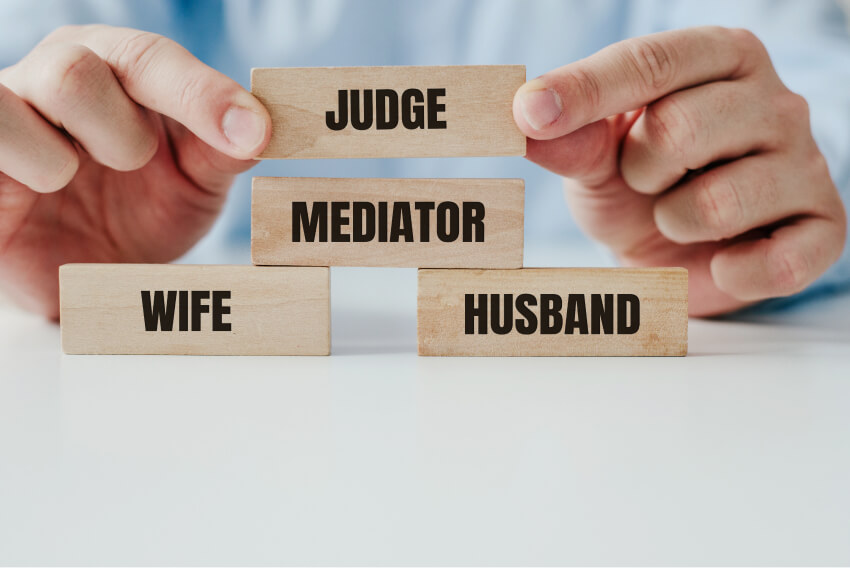
Image Source: Google
Going through a divorce is never easy, but deciding on the method to settle it can make a significant difference in the process and outcome. Two common approaches to divorce settlement are mediation and litigation.
Understanding the differences between these two methods can help you choose the one that is right for your situation. If you are in search of a divorce mediation and litigation to help you make an informed decision, you may navigate to this site.
Divorce Mediation
Divorce mediation is a non-adversarial approach to resolving disputes with the help of a neutral third party, known as a mediator. The mediator facilitates communication between the divorcing parties and helps them reach a mutually agreeable solution. Here are some key points to consider about divorce mediation:
Benefits of Divorce Mediation
- Less stressful and more cooperative than litigation.
- Empowers both parties to make decisions together.
- Usually quicker and more cost-effective than litigation.
- Confidential and private process.
- Can help improve communication and reduce conflict.
Drawbacks of Divorce Mediation
- Requires a willingness to compromise and work together.
- May not be suitable for high-conflict situations or when there is a significant power imbalance between the parties.
- Not legally binding until a formal agreement is signed.
- May not be effective if one party is uncooperative or unwilling to negotiate.
- Not suitable for cases involving domestic violence or abuse.
Divorce Litigation
Divorce litigation involves resolving disputes through the court system, with each party represented by their own attorney. The final decision is made by a judge based on the evidence presented in court. Here are some key points to consider about divorce litigation:
Benefits of Divorce Litigation
- Provides a formal legal process for resolving disputes.
- Can be necessary when the parties cannot reach an agreement through negotiation or mediation.
- Ensures that legal rights are protected and upheld in court.
- Can help resolve complex issues that require a legal decision.
- May be necessary in cases involving abuse, coercion, or dishonesty.
Drawbacks of Divorce Litigation
- Can be time-consuming and expensive.
- May increase conflict between the parties.
- Decision-making power is taken out of the hands of the parties and given to the court.
- Can be emotionally draining and stressful for all involved.
- Outcome is uncertain and may not be satisfactory to either party.
Which Option is Right for You?
Choosing between divorce mediation and litigation depends on your unique circumstances and priorities. Here are some factors to consider when deciding which option is right for you:
Consider Divorce Mediation If:
- You and your spouse are willing to work together to reach a mutually agreeable solution.
- You value privacy and confidentiality in resolving your divorce.
- You want to maintain control over the decisions that affect your family.
- You want a quicker and more cost-effective resolution to your divorce.
- You want to minimize conflict and improve communication with your spouse.
Consider Divorce Litigation If:
- You have significant disagreements that cannot be resolved through negotiation or mediation.
- You are concerned about abuse, coercion, or dishonesty from your spouse.
- You want the protection of legal representation and the court system.
- You have complex legal issues that require a judicial decision.
- You are prepared for a potentially lengthy and costly legal process.
It is important to consult with a qualified attorney or mediator to discuss your options and determine the best approach for your specific situation. Ultimately, the goal of either method is to achieve a fair and equitable resolution to your divorce while minimizing stress and conflict.